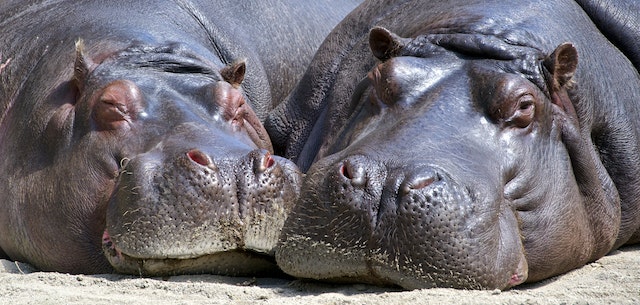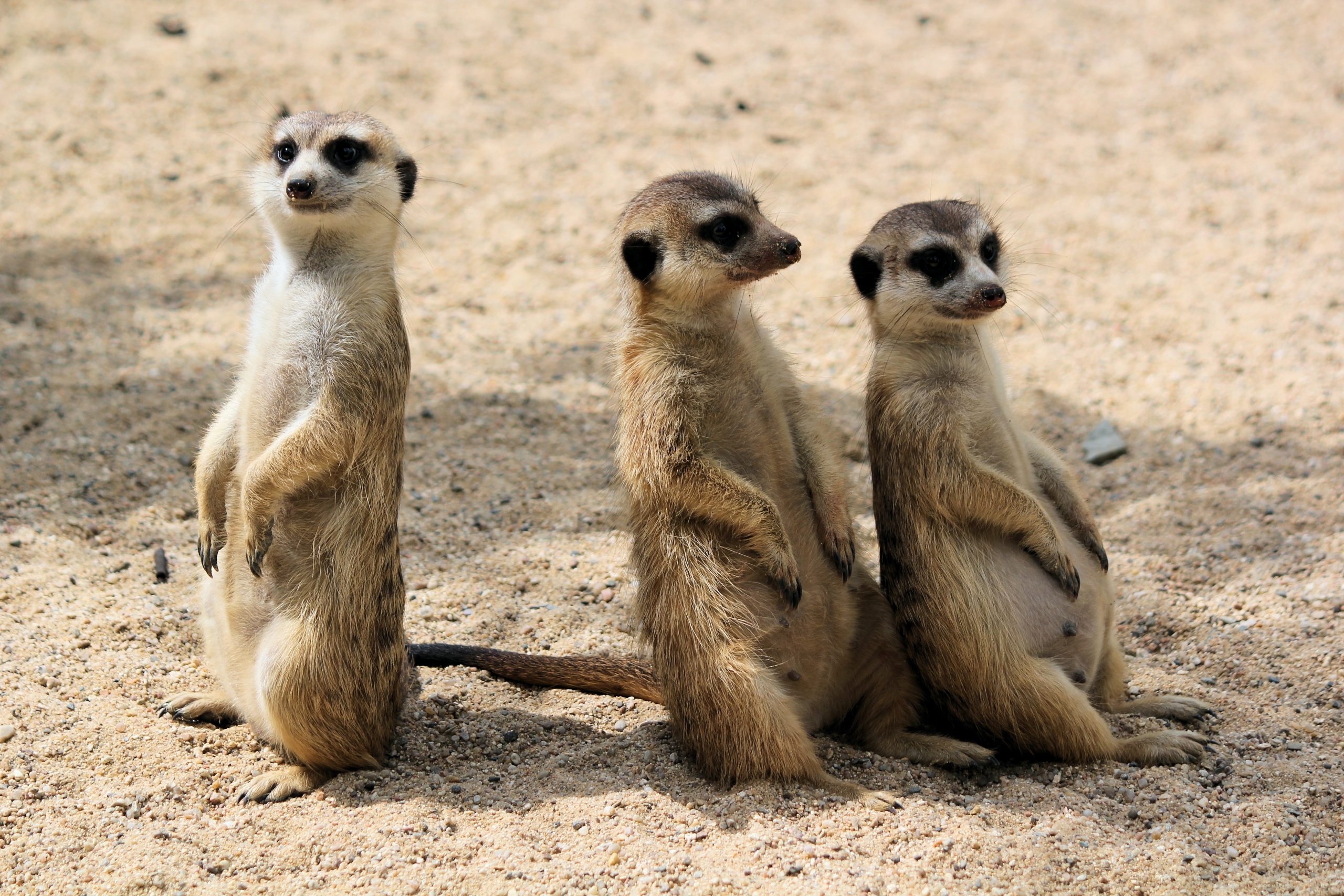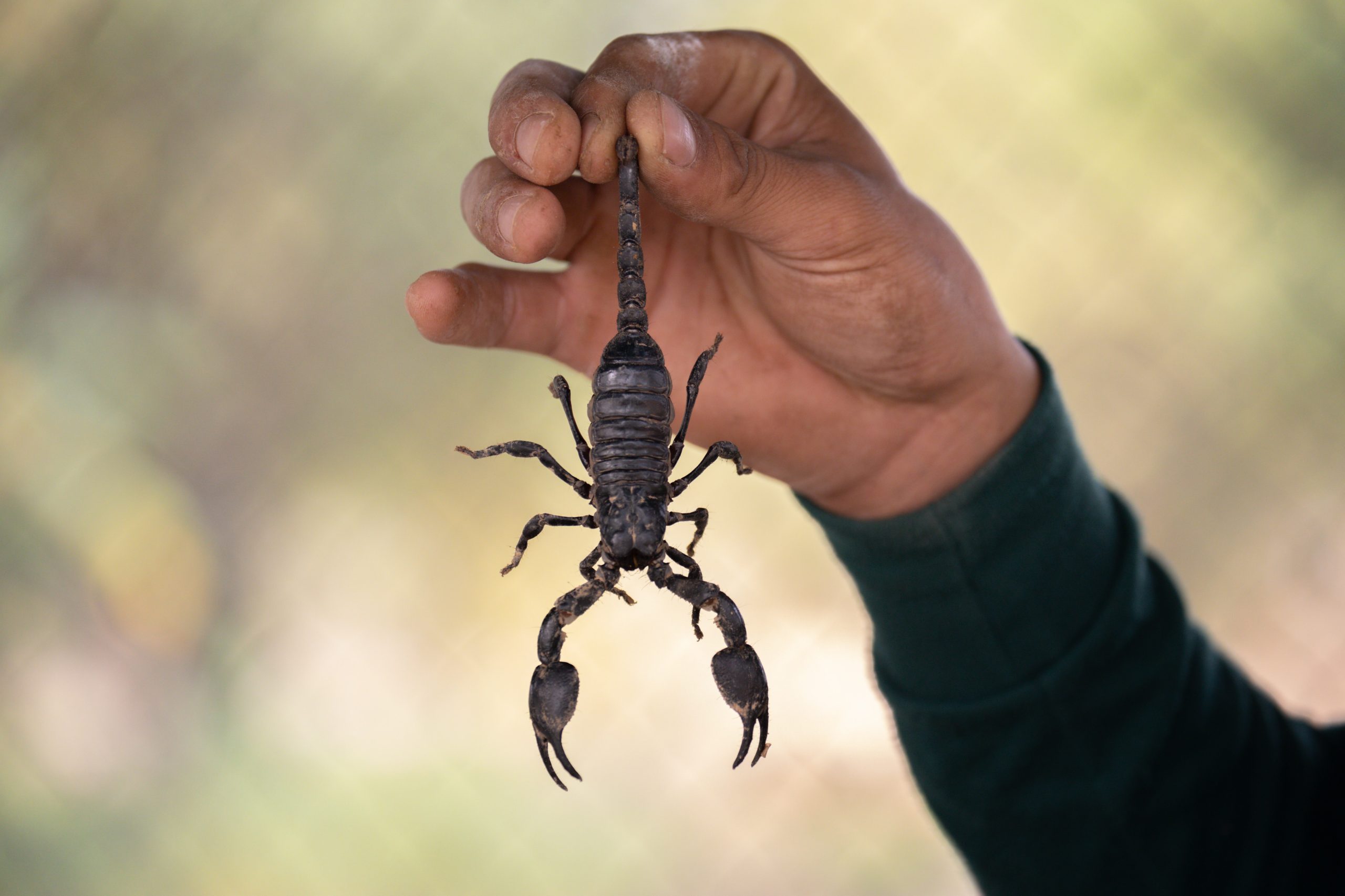As humans, we tend to think of meat as the primary source of protein in our diets. However, there are many animals that rely solely on plant-based diets for their nutrition. These animals, known as herbivores, have adapted to a diet of leaves, stems, fruits, and seeds, and can be found in a variety of ecosystems around the world.
One example of an animal that only eats plants is the giant panda. These beloved bears are native to China, where they live in dense bamboo forests in the mountainous regions of Sichuan, Shaanxi, and Gansu provinces. Giant pandas are unique among bears in that their diet is almost entirely composed of bamboo, a woody grass that is low in nutrients and difficult to digest.
To cope with their specialized diet, giant pandas have evolved a number of adaptations to their digestive system. Their teeth are specially adapted for slicing and grinding tough bamboo stems and leaves, and their digestive system is able to extract nutrients from the tough plant fibers. Additionally, they have an enlarged wrist bone known as the “pseudo thumb” that helps them grasp bamboo stems and leaves.
Another example of an animal that only eats plants is the koala. These iconic marsupials are native to Australia, where they live in eucalyptus forests in the eastern and southeastern parts of the country. Koalas have a highly specialized diet of eucalyptus leaves, which are toxic to most other animals.
To cope with their specialized diet, koalas have evolved a number of adaptations to their digestive system. Their teeth are specially adapted for slicing and grinding tough eucalyptus leaves, and their digestive system is able to break down the toxic compounds found in the leaves. Additionally, they have a longer digestive tract than other marsupials, which allows them to extract more nutrients from their food.
While some people may assume that a plant-based diet is inferior to a meat-based diet, herbivores have been able to thrive on diets composed entirely of plants. In fact, many herbivores are able to obtain all of the nutrients they need from their plant-based diets, including protein, carbohydrates, and essential vitamins and minerals.
However, it’s important to note that not all plant-based diets are created equal. Some plants are higher in nutrients than others, and some may be toxic to certain animals. For example, while eucalyptus leaves are a staple of the koala diet, they are toxic to many other animals and can even be lethal in large quantities.
In conclusion, there are many animals that rely solely on plant-based diets for their nutrition. These herbivores have adapted specialized digestive systems to extract nutrients from tough plant fibers, and are able to obtain all of the nutrients they need from their diets. However, it’s important to understand that not all plant-based diets are created equal, and that different animals may have different requirements when it comes to their diets.










